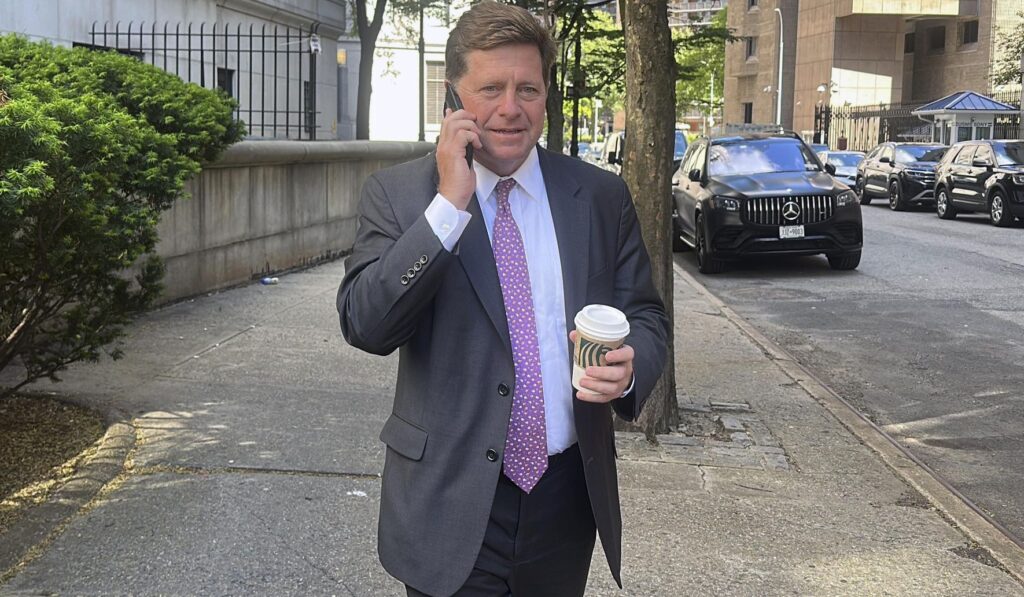Attorney General Pam Bondi has opened an inquiry into connections between Jeffrey Epstein and leading Democratic figures, following direction from President Trump, and the move has shifted focus back onto accountability and political influence in powerful circles.
Attorney General Pam Bondi, at the behest of President Trump, has initiated an investigation into ties between Jeffrey Epstein and prominent Democratic figures. That action signals a federal willingness to revisit Epstein’s network with fresh scrutiny, and it puts political leaders back on the defensive. Republicans see this as overdue attention to potential wrongdoing at the highest levels.
The Epstein case has long been tangled with secrecy, plea deals, and institutions that protected the wealthy and connected. Evidence in public records and investigative reporting has suggested contacts and interactions that demand clear answers. Bondi’s inquiry aims to cut through the old arrangements that let powerful people avoid accountability.
This development also raises questions about timing and political consequence, because the probe was launched after a direct request from the president. Supporters of the investigation argue that when high-level interests are involved, the state must act regardless of party. The Republican message is simple: fairness and the rule of law should not bend for ideology or status.
Democratic leaders implicated by association will face intense scrutiny, and they will have to explain interactions that, until now, were often glossed over. The inquiry could uncover documents, witness testimony, or financial records that shed light on how influence operated. For Republicans, exposing that network matters not just legally but politically, because voters demand honest answers.
Law enforcement steps like grand jury subpoenas and witness interviews are likely next, and the process will take time. That slow grind can frustrate the public, but thorough investigations produce evidence that holds up in court. Republicans emphasize patience with the process while insisting it remain thorough and public.
Critics will say the probe is politically motivated, and Democrats will try to frame it as an attack rather than accountability. From a Republican viewpoint, however, claiming political bias does not erase the need to pursue leads tied to serious allegations. When investigations are selective, trust in institutions erodes, so equal scrutiny is the corrective.
Transparency will be the test. The public needs access to credible information so judgment can be based on facts rather than innuendo. Bondi’s office must handle sensitive material responsibly, balancing confidentiality with the requirement to inform citizens about serious questions involving elites.
The investigation also forces discussion about legal reforms to prevent future coverups and to ensure victims see justice. Changes might include stronger oversight of plea deals, clearer reporting requirements, and tighter rules around interactions between public officials and private donors. Republicans pushing these reforms will argue they protect everyone, not just political allies.
Media attention on the inquiry will be intense, and it will shape public opinion as evidence emerges. Responsible reporting matters, because sensationalism can obscure facts and help accused figures dodge accountability. The party that insists on transparency and fair process will benefit from a focused presentation of the findings.
As the probe proceeds, expect calls for subpoenas, document releases, and public testimony. Those who rallied behind the president’s request will press for full disclosure and consequences where wrongdoing is proven. This investigation is framed by Republicans not as partisan theater but as a necessary effort to restore faith in the justice system and to ensure no one is above the law.



